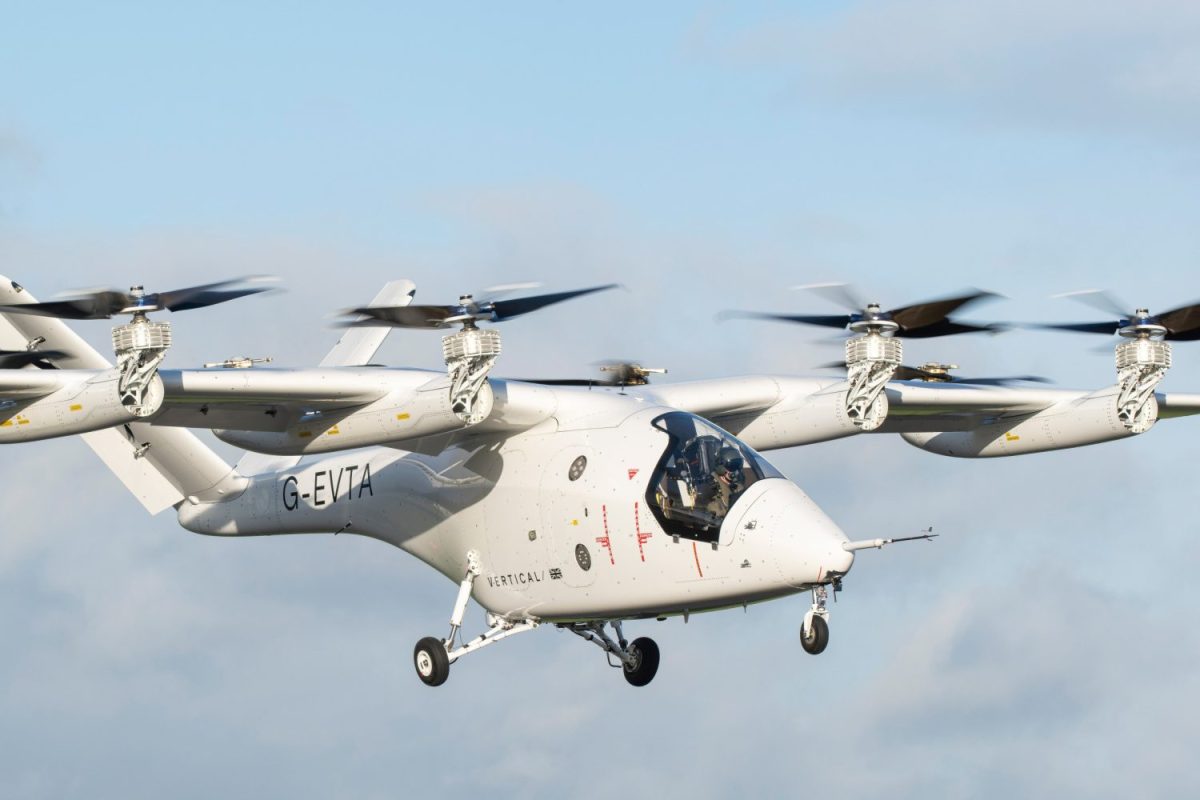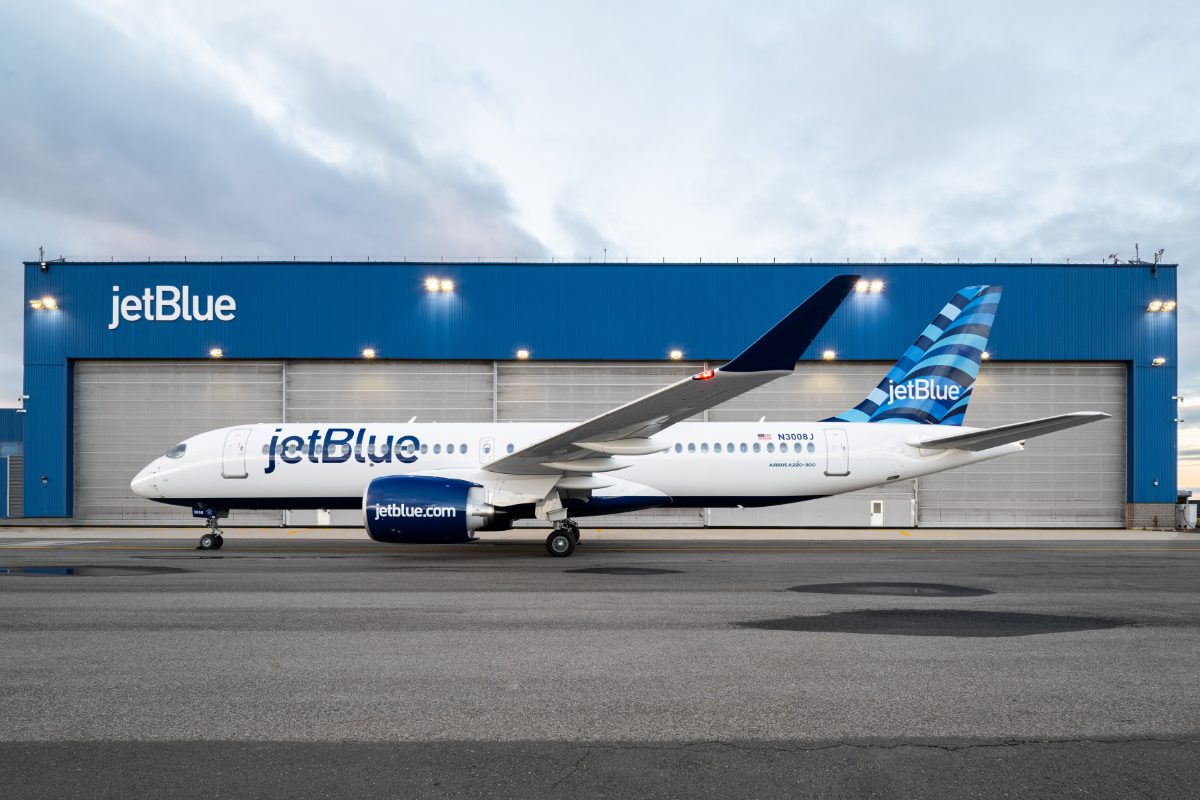Gogo in-flight wifi survives monopoly claims after judge throws out lawsuit
Skift Take
A federal judge in California tossed out an antitrust lawsuit against Gogo, but he gave the plaintiffs 30 days to file an amended complaint.
Plaintiff James Stewart filed a putative class action lawsuit against Gogo last year, alleging that the in-flight Internet operator shut out competitors Row44 and ViaSat through 10-year exclusive contacts with eight domestic airlines, and controls Wi-Fi access on 85% of the Internet-outfitted aircraft in the U.S.
Gogo has contracts with AirTran, Alaska, American Airlines, Delta, Frontier, United, US Airways, and Virgin America. Row44 handles Southwest, ViaSat will operate JetBlue's satellite-based Wi-Fi, and United has signed on with Panasonic for its international flights.
Gogo sought to have the lawsuit dismissed, arguing that the plaintiffs should have also taken into account all of the aircraft in the U.S. that have yet to be outfitted with onboard Wi-Fi when postulating that Gogo controls the market and is shutting out competition.
Judge Edward Chen in the U.S. District Court in the Northern District of California dismissed the suit, siding mostly with Gogo.
"In the absence of such allegations," the judge wrote, "the Court agrees with Gogo that Plaintiffs cannot focus solely on planes that are actually equipped with internet access, and, as a result, Plaintiffs’ allegation that Gogo dominates the market with respect to North American aircraft that are actually equipped to provide internet connectivity to passengers (85%) shows little."
The court proceedings revealed interesting information about Gogo's contracts with airlines. Gogo revealed that airlines have the option to terminate their contracts before the term expires under certain conditions.
"[O]ur contracts with airline partners from which we derive a majority of our CA [Commercial Aviation] segment revenue permit each of these airline partners to terminate its contract with us if another company provides an alternate connectivity service that is a material improvement over Gogo Connectivity, such that failing to adopt such service would likely cause competitive harm to the airline, or if the percentage of passengers using Gogo Connectivity on such airline’s flights falls below certain negotiated thresholds."
But, the judge disagreed with Gogo's claim that its contracts "allow key airlines to terminate their dealings with Gogo whenever a rival offers a superior service or business arrangement" because Gogo insists on an additional provision, that "failing to adopt [the competitor's] service would likely cause competitive harm to the airline..."
The plaintiffs have 30 days to submit an amended complaint.
Here's the judge's ruling:
[gview file="https://skift.com/wp-content/uploads/2013/04/Gogo-dismissal.pdf"]




